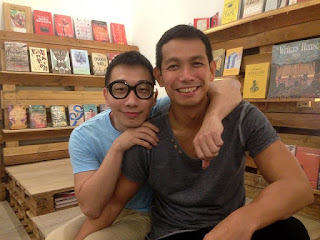Helen Vendler on Sylvia Plath
I was lucky last night. MB, a friend of KS, had a free ticket to Helen Vendler's 92Y lecture on Sylvia Plath, and I was free to take up the offer. Vendler's parents knew Plath's parents, though the two daughters did not meet. A year younger than Plath, Vendler followed the poet's publications in different magazines; Plath's mother would announce her precocious daughter's successes in her Christmas cards.
In Vendler's introductory remarks, she characterized Plath as an elegaist, a didactic poet (both parents were teachers), an unsuccessful poet of seasons because she saw only the extremes of black and orange, a lover of traditional poetic forms, a diligent experimenter with stanzaic form, a poet who avoided writing in sequences because they diluted the taste on the tongue, and who learned to deploy flat sentences because they were irrefutable. Vendler also detected the influence on her early poetry of Auden, Dylan Thomas, T.S. Eliot, Dickinson, Stevens, Moore, and Roethke.
The lecture was divided in two: the first half looked at Plath's juvenilia published in The Collected Poems edited by Ted Hughes, and second half focused on her mature poems. Interesting as it was to see how Plath experimented with different styles and tried to overcome the rigidity and formality of her early writing, I could have done with fewer of the immature poems in order to spend more time with her truly accomplished poems.
The mature poems that Vendler chose to spend time on were not the usual suspects, Instead of "Daddy" or "Lady Lazarus," we read "The Everlasting Monday," "Moonrise," "Old Ladies' Home," "Dark Wood, Dark Water," "the satirical "Poem for a Birthday, 4: The Beast," "The Hanging Man," "The Moon and the Yew Tree," "Mirror," "Winter Trees," "Sheep in Fog" and "Edge." Vendler judged "Death & Co." to be a masterpiece, whereas I felt the poem was rather thin. The selection showed Plath working and re-working her master-tropes: moon, trees, water, children. The poems amounted to an obsessive corpus. By the end of the evening, three hours later, I was glad to escape the overly heated, suffocating Warburg Lounge.



Comments